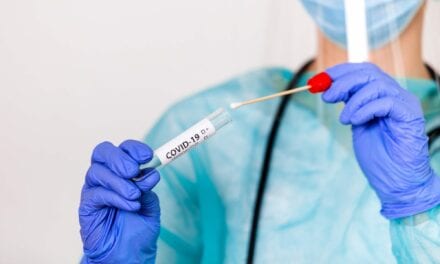The Association for Molecular Pathology (AMP), the premier global molecular diagnostics professional society, has released recommendations to support and facilitate sharing of variant data through the use of public repositories. In a new position statement, AMP outlines a series of recommendations to help achieve better diagnostic testing, treatments, and therapies, which will enhance patient care and advance the field of precision medicine.
The sharing of patient data, samples, and other health information is critical for advancing healthcare. While various efforts to increase data sharing have been advanced over the years, much information continues to be siloed. Despite the current availability of public databases, multiple recommendations, and calls to action, as well as some incentives to contribute to them, participation in data sharing among clinical laboratories remains low. The AMP working group of subject matter experts developed the position statement to help alleviate many of these challenges, including limited resources, ownership of data, assurance of data curation, and protection of sensitive information.
AMP’s recommendations are intended to make it easier for clinical laboratories to participate in data sharing programs to help improve collaboration and enhance patient care. AMP is calling upon all stakeholders to emphasize the importance of sharing clinical variant data and address the barriers that laboratories might encounter. For example:
- Organizations, institutions, and companies are being encouraged to develop data sharing policies that promote the importance of contributing data, which represents the diversity of their patient populations.
- Clinical laboratories are being advised to use standardized test requisition forms for common data elements to help ease submission.
- Operators of public databases can help by establishing convenient and practical data submission processes.
- Finally, AMP is urging policymakers to consider incentives for variant data sharing. In the future, AMP will continue to update recommendations and guidelines as more information becomes available.
“AMP calls upon all relevant individuals and organizations, including hospitals, academic medical centers, commercial diagnostic laboratories, patient organizations, policymakers, and more, to support the sharing of molecular genetic variant data,” said Antonia R. Sepulveda, MD, PhD, AMP President and Professor and Chair of the George Washington School of Medicine Department of Pathology. “Robust data sharing will help address health inequities by improving our understanding of the types and frequencies of variants in different subpopulations and could soon contribute to the development of life-changing vaccines and therapies.”
To view the full-text version of the statement, visit AMP.




